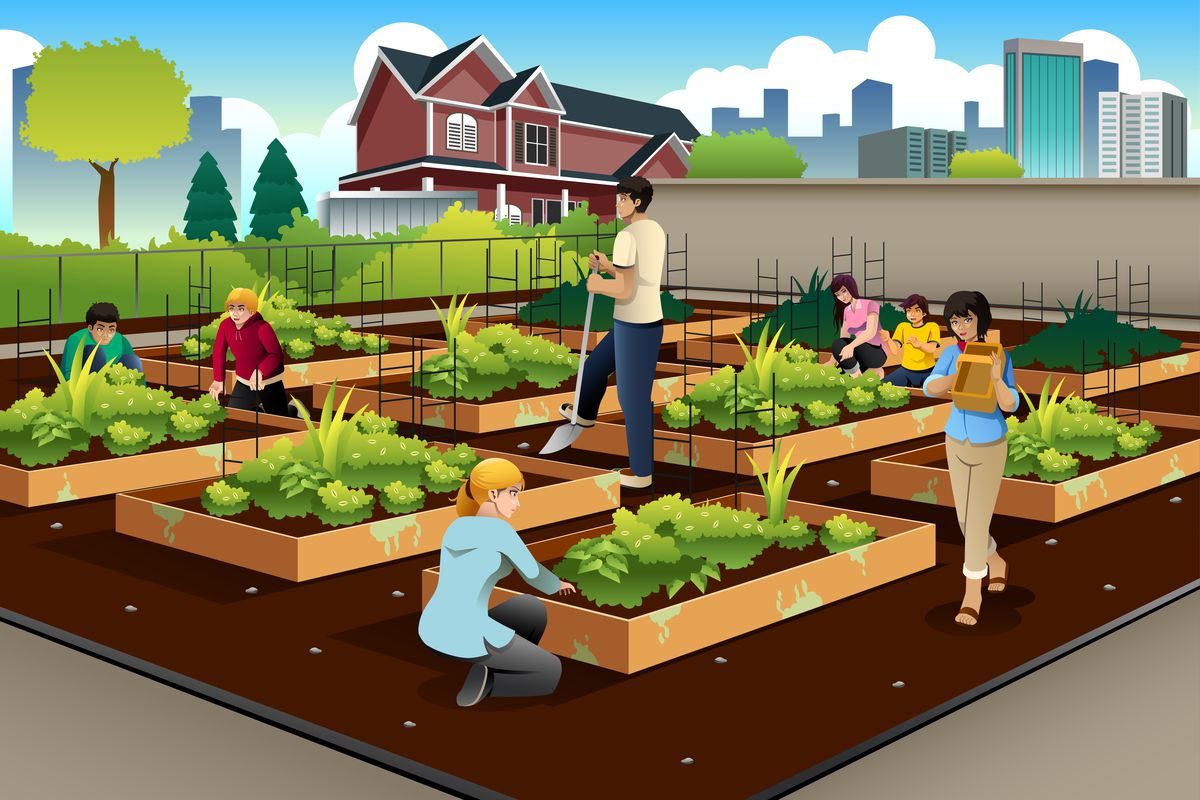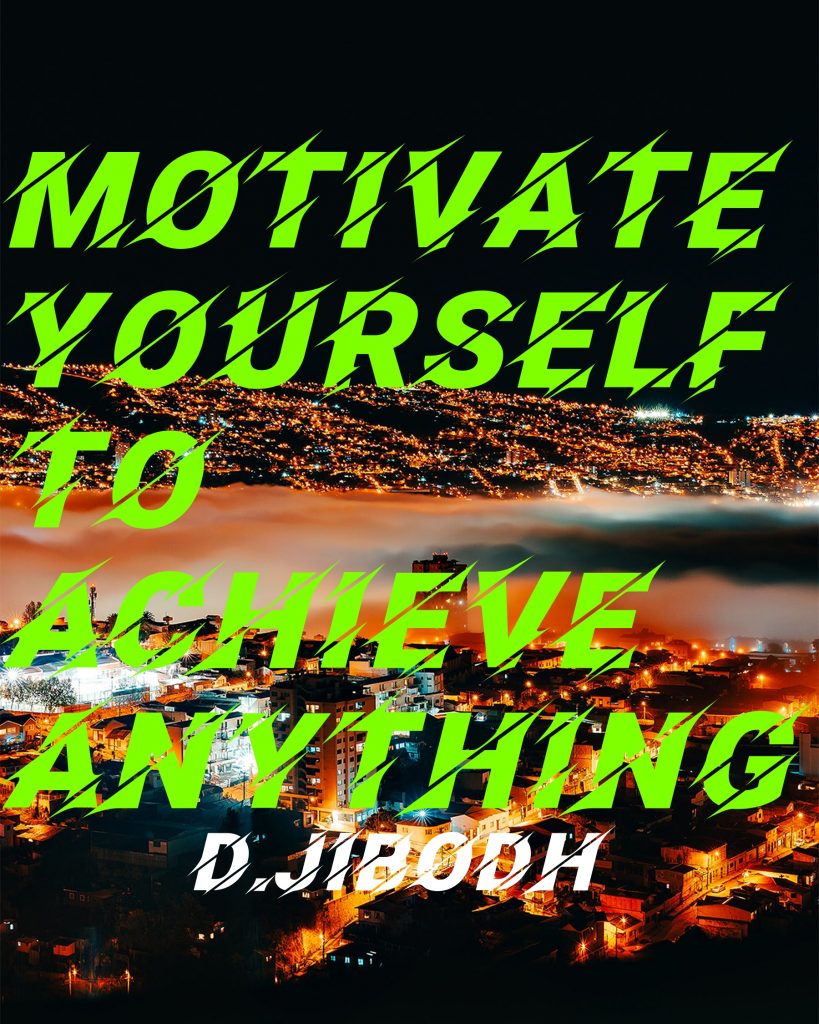One is too busy to get bored, while the other slowly but surely no longer knows what to do with himself. Do you recognize yourself in the latter? Then this is the time to look at the deeper layer that lies beneath your boredom. If you get bored you can easily use that to your advantage, you just have to know how.
Researchers around the world are trying to figure out exactly what causes boredom, what we can do about it and whether there is a link between boredom and depression. Lead researcher and psychology professor James Danckert describes boredom as follows: “We define boredom as an uncomfortable desire to be busy with something, but fail to fulfill that desire.” So this definition may well explain why you might get bored during this corona crisis, since your routine is upset and your sense of freedom is limited. You are not alone in it, me too and more people around the globe.
Emotions
Before we can get deeper into boredom, ask yourself if you are really bored. You can also confuse boredom with emotions such as fear or fatigue. Try to identify what you feel to find out.
Change it
In essence, boredom tries to tell you that you don’t spend your time the way you actually want it to. It is an important signal that you want to change the situation. Whenever you get bored, remember that you probably need and can change something about the situation. What counts is the action you take after this awareness, which can keep you busy and make you a more creative and successful person.
BOREDOM – AN EXCELLENT TIME FOR INTROSPECTION.
And we don’t like that very much, because who knows what deep-seated problems will emerge as soon as we take the time to get bored.
We don’t like boredom for three reasons:
- First of all, boredom gives us a sense of concern – “something is missing”. We are so used to being amused by a constant stream of external stimuli that when they are missing we experience the feeling that something is not right.
- In addition, boredom triggers our ‘fear response’ . We find it scary to be alone with our thoughts, fearing that they would be confrontational. To keep out the mirror that keeps boredom out, you stay busy – whether it is really productive or fun .
- Finally, boredom forces you to step out of your comfort zone , which feels unnatural. As soon as you realize that you may have to do a number of things differently , in order to feel lively – for example, even after starting to read/write that book – it is safer to maybe watch some good series after all.
To shake off these feelings above, you should therefore quickly turn to external stimuli such as Netflix, your smartphone or another distractor to avoid feeling this boredom
So a luxury problem, boredom. We have so many options to choose what we want to spend our attention and time on that we get overwhelmed when we don’t use it – we get bored .
That’s why you take every opportunity to stay busy. You do not notice the boredom (and dissatisfaction) and therefore do not have to be alone with any confrontational thoughts.
So in order to reap the benefits of boredom – an opportunity for introspection – you should not look for more stimuli and novelty, but as little as possible.
WAYS TO GET INVOLVED IN YOUR BOREDOM
So you are not going to build a vegetable garden. What is it? Absolutely nothing except a good put to reorganize your thoughts in order.
- Meditate regularly – make room for confrontational thoughts.
Meditation would have been the last thing on your mind if you wanted to tackle boredom.
Now that you know that boredom is a mental state , it may make sense that meditation helps you see boredom differently. It helps you to understand that boredom is not a threatening thing, and it helps you place those negative and confrontational thoughts.
Meditating gives you the opportunity to look at the underlying causes why you avoid rest and are always busy.
And that doesn’t have to be lengthy sessions – 5 minutes a day is enough to use the unrest that boredom creates as a moment of introspection.
- Get creative with your thoughts – let them run wild.
Instead of looking for external stimulus, use your boredom to feed your brain with creativity. After all, as soon as you are bored, your thoughts get the chance to roam freely – allow it.
So stop entertaining yourself with your smartphone and see where your thoughts are stranded. Write them down, articulate them using ‘free writing’ or capture them in color – in a mind map for example!
- Get creative with your thoughts – let them run wild.
Instead of looking for external stimulus, use your boredom to feed your brain with creativity. After all, as soon as you are bored, your thoughts get the chance to roam freely – allow it.
So stop entertaining yourself with your smartphone and see where your thoughts are stranded. Write them down, articulate them using ‘free writing’ or capture them in color – in a mind map for example!
Who knows what brilliant ideas you come up with during the CORONA LOCKDOWN!
Let me know in the comments how you solve your boredom things.


























